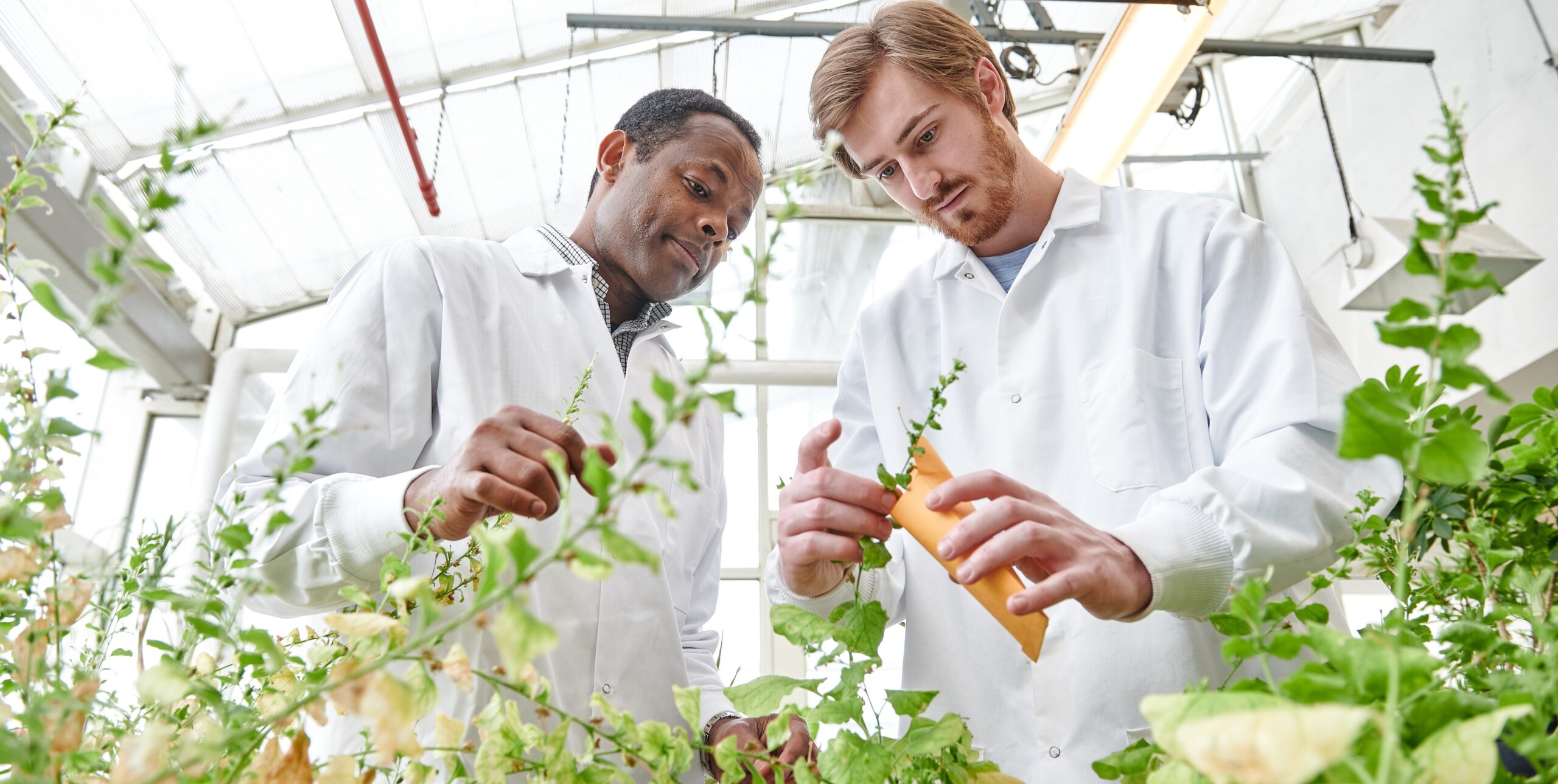Dr. Ayalew Osena, an Associate Professor in the Department of Biology, has received a new 4-year, $450,000 grant from the National Science Foundation (NSF) for his project: Collaborative Research: Deciphering the mechanisms of iron acquisition and accumulation in the underutilized ancient crop tef (Eragrostis tef). The Osena lab at UNCG uses molecular-genetic and biotechnological tools to improve desirable traits in agricultural plants. This grant supports Osena’s ongoing research with the “orphan crop” tef, a grain.
The full abstract is below and available on NSF’s award search page.
Iron (Fe) is required for the growth and development of all organisms, including plants and humans. In humans, Fe deficiency anemia affects over 30% of the world’s population and is the prevailing nutritional disorder in the world. In plants, Fe bioavailability is extremely limited in alkaline and neutral pH soils that occupy about a third of the arable lands. Decreased Fe availability in these soils not only restricts plant growth but also limits Fe accumulation in edible plant tissues. The mechanism of Fe acquisition and translocation has been studied and genes associated with these processes have been characterized in the model Arabidopsis thaliana and are under scrutiny in various crops such as rice, wheat, and maize, whose grains are generally low in Fe content. However, Fe transport mechanisms and genes involved in Fe acquisition in underutilized crops such as tef (Eragrostis tef), which are rich in essential macro- and micronutrients, remain unknown. The overarching goal of this project is to identify Fe acquisition and storage mechanisms that help tef accumulate high levels of Fe in grains.
A surveys of the tef diversity panels by the PI and collaborators has shown significant natural variation in Fe concentration in tef grains. Genome-wide Association Studies identified four major QTLs which together explain 46% of the variation in iron content across the tef diversity panel, and none of the loci co-localize with previously characterized Fe transport or accumulation genes, suggesting novel strategies for Fe accumulation in tef. Furthermore, tef root and shoot transcriptome analysis identified several Fe-deficiency-regulated genes which remain to be characterized. The specific aims of this project are: 1) to characterize novel QTLs and Fe-deficiency-regulated genes in tef via CRISPR-Cas9 gene editing in tef and, 2) to organize ?Make your own tef bread/injera? workshop at the UNCG biology Plant and Pollinator Center for volunteer participants. Tef has more bioavailable Fe than other major cereals. Hence, its consumption has a potential to reduce Fe deficiency anemia. This project is expected to identify novel genes which will be utilized to enhance the nutritional quality of major crops via molecular breeding. The findings will also be shared with the scientific community in the form of publications, presentations and public repositories.
This award reflects NSF’s statutory mission and has been deemed worthy of support through evaluation using the Foundation’s intellectual merit and broader impacts review criteria.






